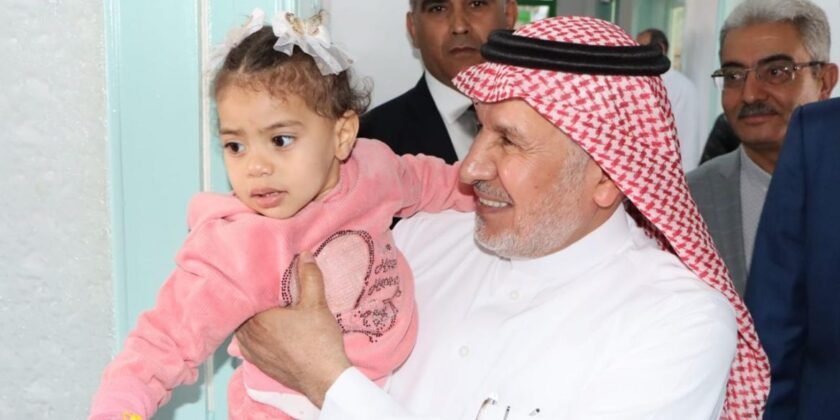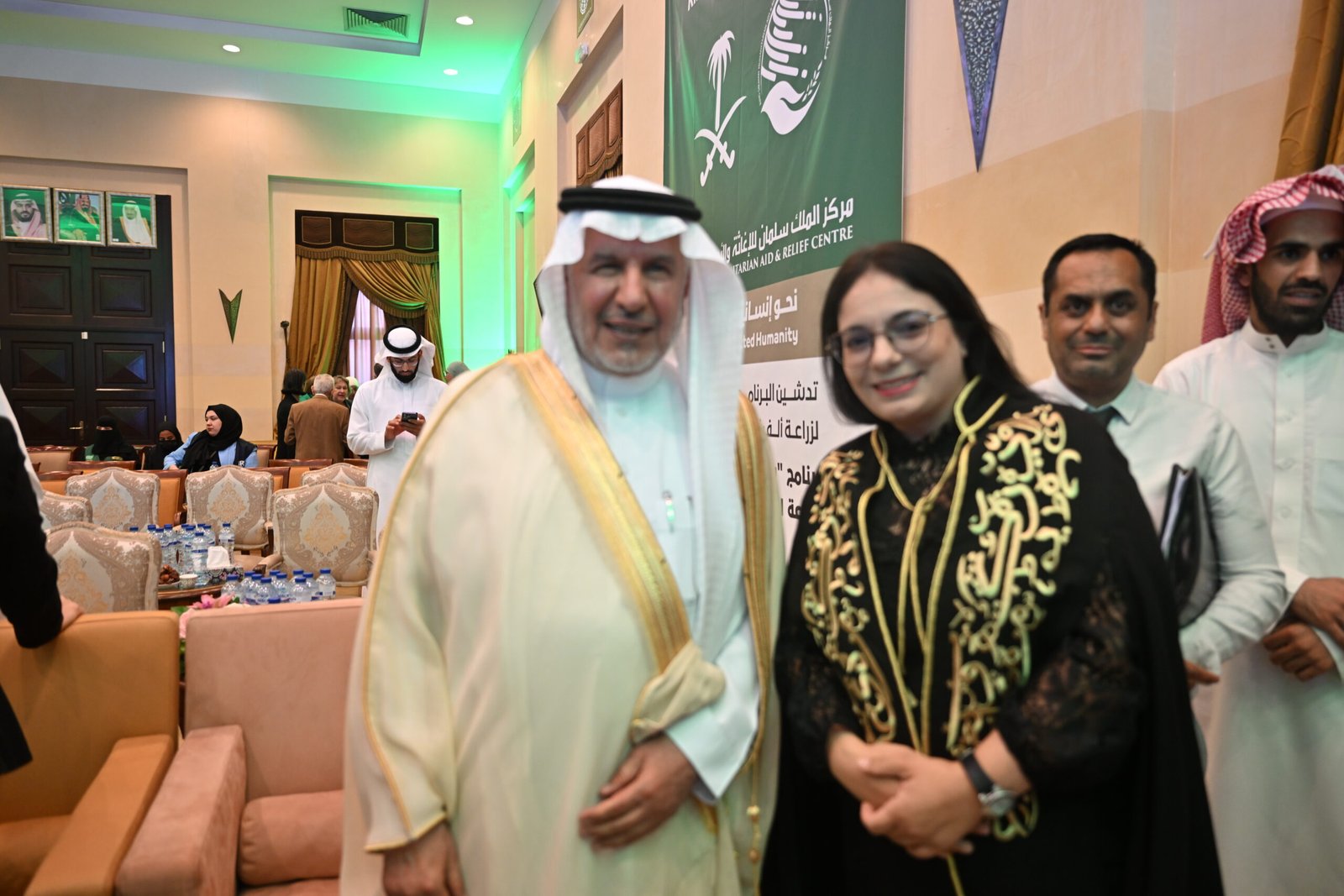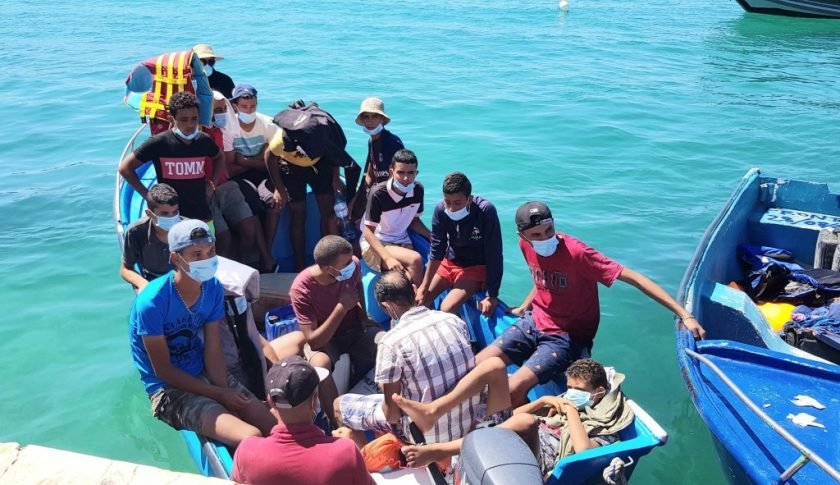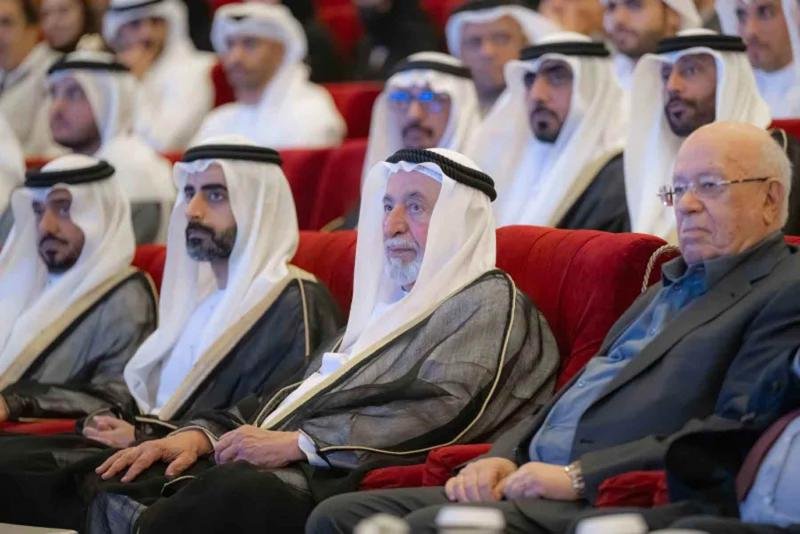Dr. Abdullah bin Abdulaziz Al-Rabeeah, Advisor at the Royal Court and Supervisor General of the King Salman Humanitarian Aid and Relief Center (KSrelief), emphasized that the world is facing unprecedented challenges, including conflicts, displacement, mass migration, and human rights violations across many regions, particularly in the Middle East and Africa. He noted that more than 20 million people have been displaced in Sudan and Gaza alone, with 60,000 Palestinians killed, hundreds of thousands injured, and 300 humanitarian workers losing their lives.
Dr. Al-Rabeeah’s remarks came during the high-level session titled “Humanitarian Diplomacy in Action: A Collective Response to Crises in the Middle East”, organized yesterday by KSrelief in cooperation with the European Union on the sidelines of the 80th session of the United Nations General Assembly in New York.
He stressed that these man-made crises underscore the importance of humanitarian diplomacy as an essential tool for peace and stability. Combining humanitarian aid with diplomatic efforts, he said, has proven to be more effective in fostering constructive dialogue and positive negotiations, despite the difficulties such an approach may encounter.
Citing Saudi Arabia’s experience in Syria, Dr. Al-Rabeeah explained how humanitarian-driven diplomacy contributed to peace, stability, and renewed hope—an approach that could also bring positive outcomes in Sudan, Yemen, and Palestine. He also highlighted the Kingdom’s recent joint efforts with France, which successfully brought global attention to Gaza and advanced a vision for a permanent solution through the implementation of the two-state solution—an initiative widely supported by the international community and reflected in the success of Monday’s international conference.
Dr. Al-Rabeeah concluded by stressing the urgent need for stronger cooperation among humanitarian, political, and development actors worldwide. He underlined that today’s rising conflicts, shrinking aid budgets, and global economic challenges represent both a serious threat and a golden opportunity for the United Nations, member states, and international, regional, and local stakeholders to take concrete action toward preventing conflicts, resolving crises, and ensuring that civilians—especially women and children—enjoy their fundamental right to a dignified life filled with hope for a better future.
Background on Dr. Abdullah Al-Rabeeah
Dr. Abdullah Al-Rabeeah is an internationally respected Saudi pediatric surgeon and a leading figure in global humanitarian work. He currently serves as Supervisor General of the King Salman Humanitarian Aid and Relief Center (KSrelief), which has implemented thousands of projects in more than 90 countries worldwide. Before his humanitarian role, Dr. Al-Rabeeah gained global recognition for his pioneering surgical work in separating conjoined twins, a field in which he has achieved remarkable success.

Recently, Dr. Al-Rabeeah paid a visit to Tunisia, where he met with senior officials and explored ways to enhance humanitarian and development cooperation between the Kingdom of Saudi Arabia and Tunisia. His visit underscored KSrelief’s commitment to building stronger partnerships across North Africa and supporting initiatives that bring hope and relief to vulnerable communities.
TunisianMonitorOnline (Douha Essafi)




